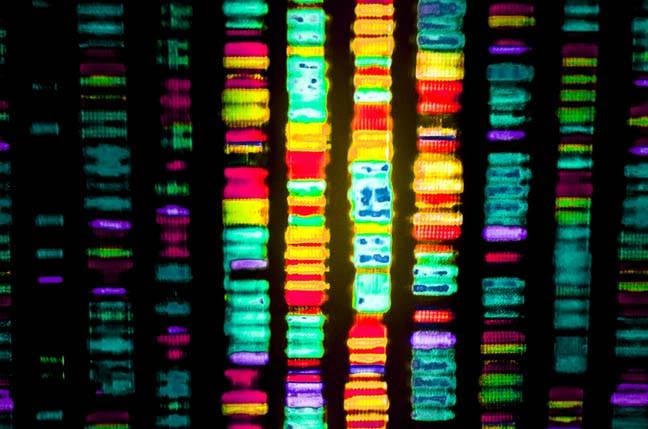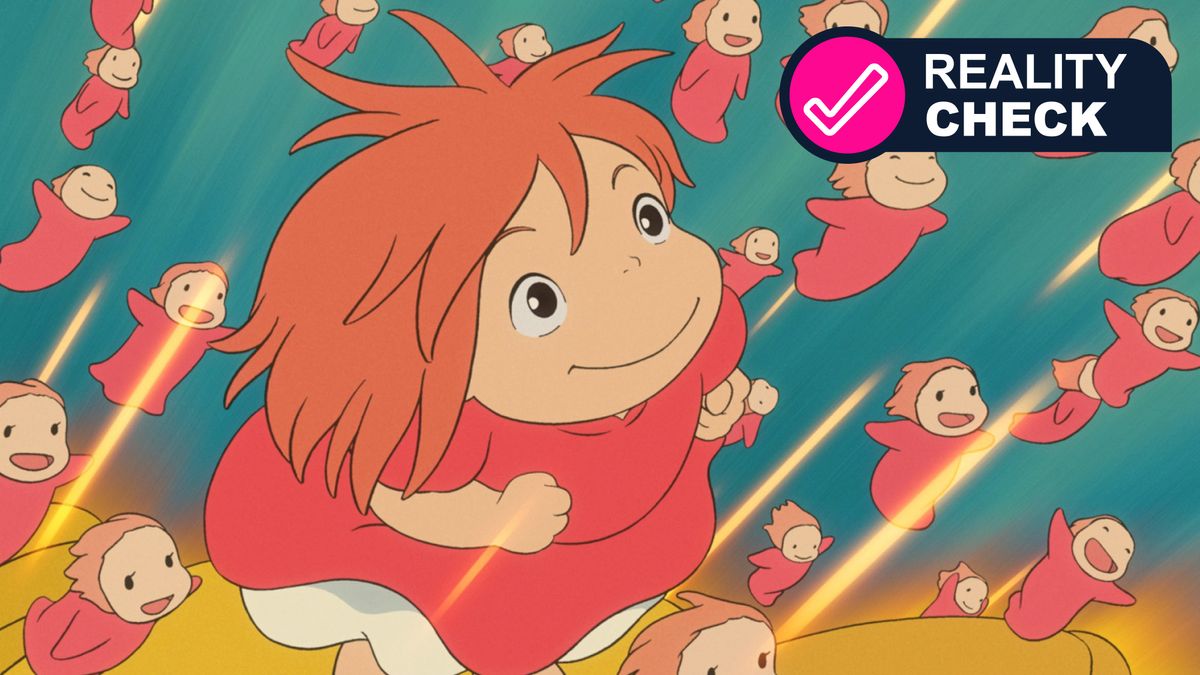
OpenSNP, a fourteen-year-old open source repository for genetic records, will shut down and delete all its data at the end of April. The reason, according to bioinformatics researcher Bastian Greshake Tzovaras, one of the founders of the project, is the dissolution of genetic testing biz 23andMe and the potential weaponization of genetic data by authoritarian regimes. "The ultimate reason being that we think that the risk/benefit of having this type of data collection has shifted in face of the current authoritarian governments, but of course proximate it’s been triggered by 23andMe going bankrupt and the fallout about data ownership," Tzovaras said in an email to The Register.
23andMe filed for bankruptcy protection last week, and the disposition of its assets – including the genetic data derived from the biological samples submitted by customers – will be left to the court's bankruptcy process. Some fear if that genetic data gets sold to another company, the new owner may not be bound by any privacy commitments made by 23andMe. That said, America's consumer watchdog the FTC on Monday wrote [PDF] to the officials overseeing the bankruptcy proceedings, advising them that the privacy promises made by 23andMe should continue to be honored by whoever ends up with people's genetic data.

"Any bankruptcy-related sale or transfer involving 23andMe users’ personal information and biological samples will be subject to the representations the company has made to users about both privacy and data security, and which users relied upon in providing their sensitive data to the company," the regulator's chairman Andrew Ferguson wrote. "Moreover, as promised by 23andMe, any purchaser should expressly agree to be bound by and adhere to the terms of 23andMe’s privacy policies and applicable law, including as to any changes it subsequently makes to those policies." Late last week, in light of privacy rights available under California law, California Attorney General Rob Bonta reminded "Californians to consider invoking their rights and directing 23andMe to delete their data and destroy any samples of genetic material held by the company.
" OpenSNP – where SNP stands for genetic variations known as single Nucleotide polymorphisms – began operating in October 2011. Project founders Bastian Greshake Tzovaras, Philipp Bayer, and Helge Rausch launched the non-profit venture to democratize the availability of genetic data, in the hope individuals would be empowered and the public would benefit. As the site explains, it allows you to upload "your raw genotyping or exome data from 23andMe, deCODEme or FamilyTreeDNA .
.. to make it available for everybody.
" Scientists can then tap into the database as part of their studies. "Easily find people with the variation you are interested in," the dot-org reads. "As the files can be grouped by their variations for specific phenotypes, it is easy to get datasets that are already usable for association studies.
" People thus opt into supplying their genetic data so that it can be used, ideally, for scientific purposes. As the sign-up page warns, "you declare that you have understood the possible risks and side-effects that can occur by making your genetical and medical information available on this platform." This is the sort of data you may not want to fall into the wrong hands in future, though it is freely available today.
The project's source code is also openly available here . "From the very beginning, my aspiration for OpenSNP was to not only follow along a practical data repository angle, but also embody a more radical political dimension: At a time when genetic data was locked into the commercial siloes of 'direct-to-consumer' (DTC) genetic testing companies – and only made accessible to the pharma companies that could afford buying access to it – openSNP should open up access to everyone," explained Tzovaras in a web essay . Tzovaras had hoped that access to genetic data would improve human health and medicine, but now considers that aspiration naive.
His "bleaker" and more "sober" view today is that providing food security and access to stable housing would have a more significant impact on human health than finding genetic answers to common diseases that follow from social and environmental problems, such as food and housing insecurity. Tzovaras expressed satisfaction with what the project has accomplished, such as making data available to support academic projects and a replication study that revealed problems with prior Chronic Fatigue Syndrome research. But with word 23andme's demise, Tzovaras believes OpenSNP will see less data donated as most people obtained their genetic files through the company.
More significantly, he worries that there are more concerns about the potential misuse of genetic data than there were 14 years ago. Noting that law enforcement agencies have become enthusiastic users of direct-to-consumer genetic data and genealogy platforms – exemplified by the 2019 purchase of genealogy site GEDMatch by forensic firm Verogen – Tzovaras argues the emergence of forensic services such as DNA phenotyping augur a revival of debunked pseudoscience along the lines of craniometry . And he suggests this backslide is compounded by political shifts in the US and elsewhere.
"Across the globe there is a rise in far-right and other authoritarian governments," he explained. "While they are cracking down on free and open societies, they are also dedicated to replacing scientific thought and reasoning with pseudoscience across disciplines." Pointing to the US government's replacement of trusted sources with " the crackpot theories of those in power ," and the corporate strip-mining and pollution of the digital commons, Tzovaras said the time has come to sunset openSNP.
OpenSNP will close down on April 30, 2025 and all data stored there will be deleted. ®.















